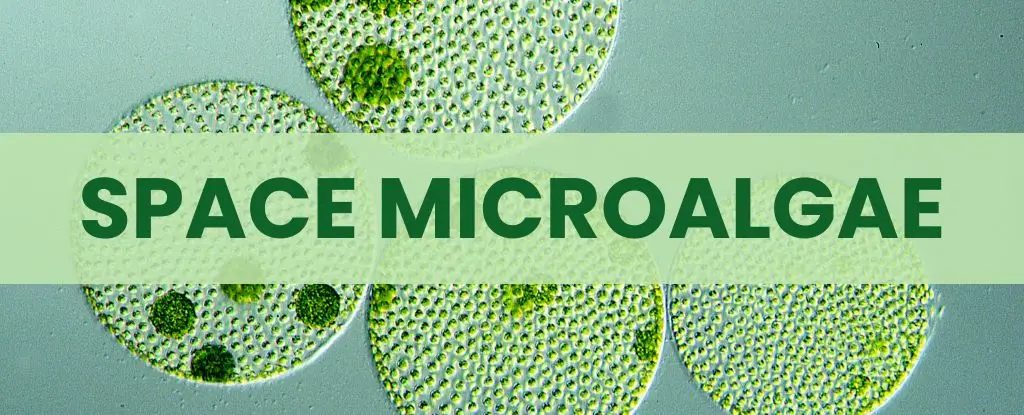In space, astronauts need special help to survive — like food, air, and even fuel. One exciting solution could be microalgae, tiny plant-like organisms that can do amazing things. Microalgae can be used to make food, fuel, and even help with life support systems by producing oxygen and cleaning carbon dioxide!
This experiment is studying how microalgae grow in space, where there’s no gravity. Scientists will grow three types of microalgae on the International Space Station (ISS) and compare them to algae grown on Earth. They will look at how the algae’s growth, metabolism (how they make energy), and genes (the instructions inside their cells) change in space.
Why is this important? Because in the future, astronauts might need to grow their own food and create their own fuel during long space missions. Microalgae could play a key role in making this happen! If scientists can learn how to grow algae well in space, they can help astronauts stay healthy and have everything they need during missions to the Moon, Mars, or beyond.
Read more by clicking here

